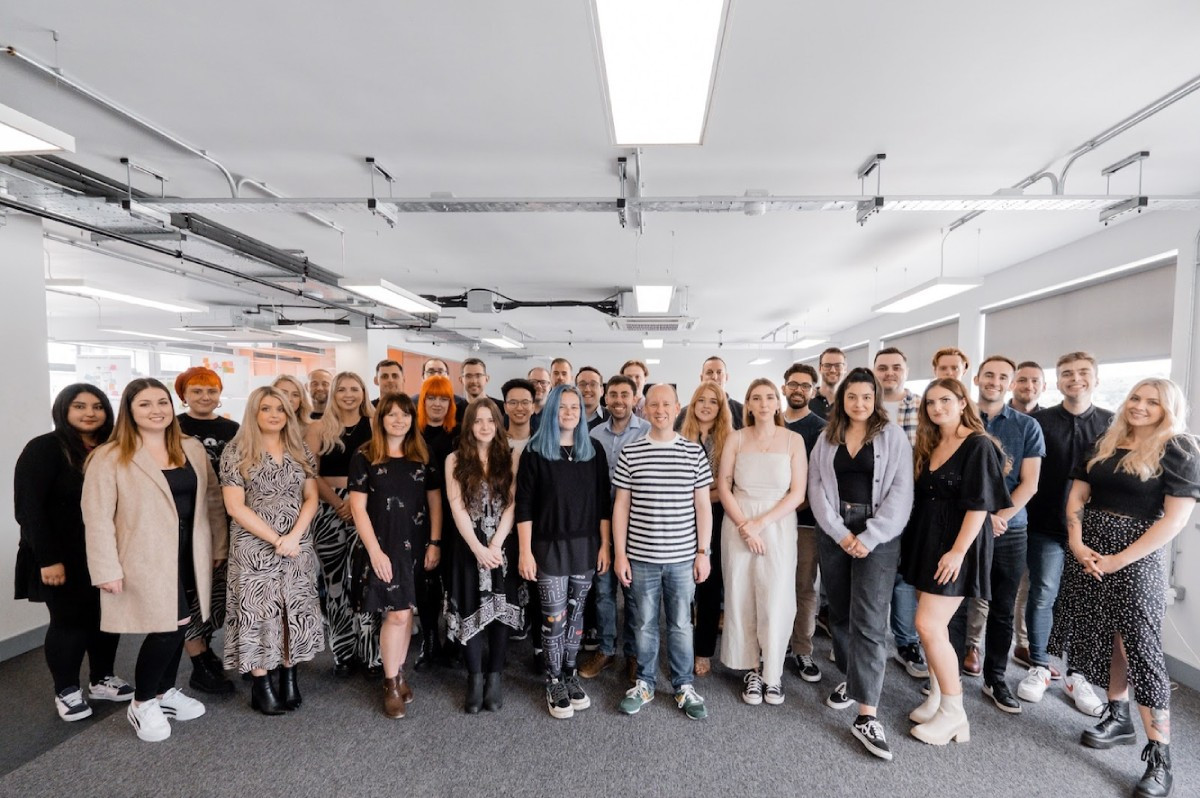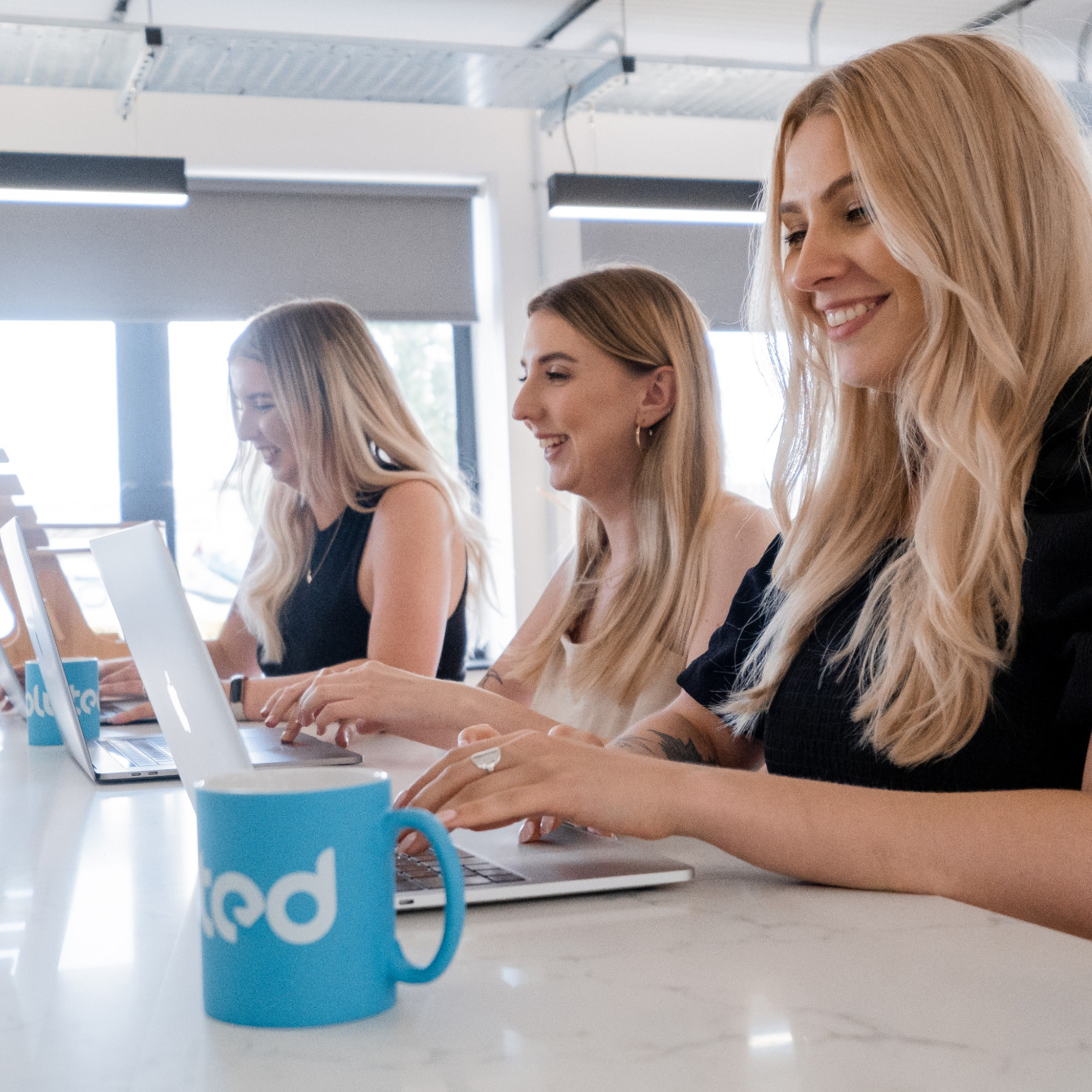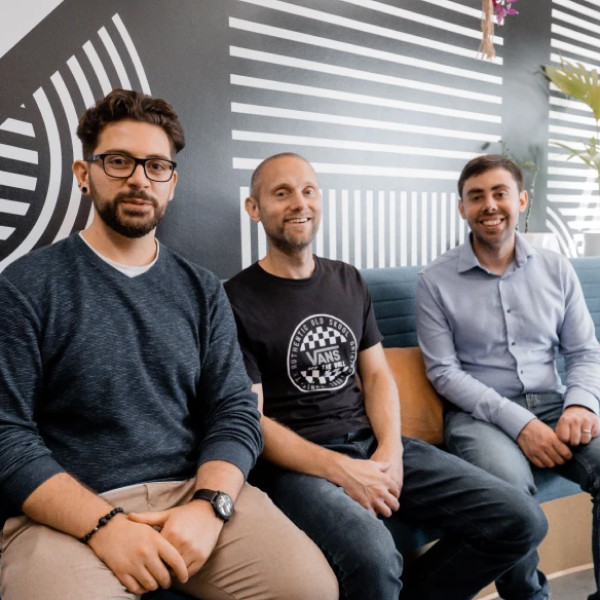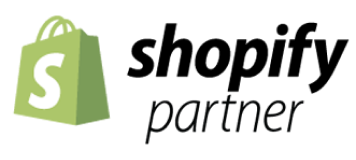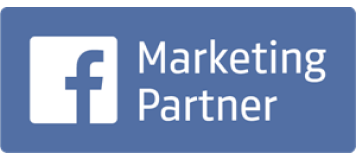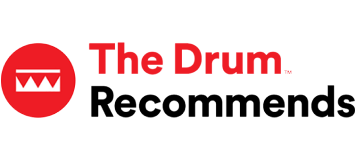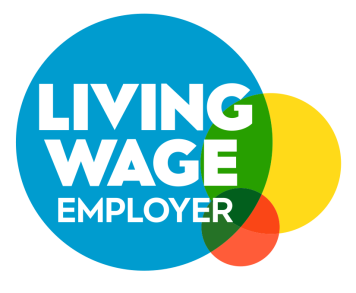Improving Gender-inclusive Language In The Workplace
At the end of November, the whole team embarked on a 3-week long challenge to help us become more aware of the language we use at work, examine how gender-inclusive it is, and try out some alternative words and phrases.
As an agency that prides itself on constantly improving our processes and doing everything we can to support our staff, we felt like taking a close look at the language we use was an important part of this, and a way we could assure that everybody in the team truly felt accepted and included.
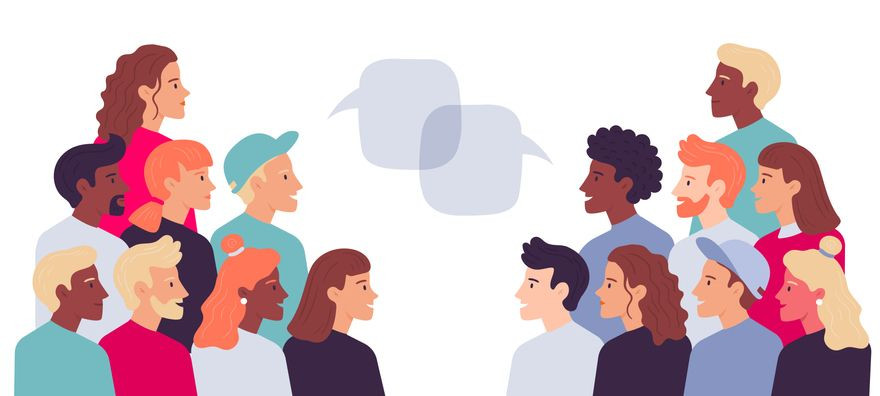
OUR METHOD
Each week, we monitored the use of certain gendered words such as guys, ladies and gentlemen, etc. on our Slack channels to see how often they were being used as we progressed through the challenge. We also provided resources and links to educational pieces each week that our team could read to help them understand more about the power that certain gendered language can have and to open their eyes to why it's important to use more inclusive terms. Each week we also focused on a certain gendered word and dove deep into the meaning behind it so that the team could understand the importance of the challenge.
At the end of the three weeks, we asked everybody to fill in a short survey that asked them how they felt about using gendered language to see if we noticed any improvement after our gender-inclusive language challenge was complete.
The full details of the challenge can be found on our blog post: Language matters at Evoluted.
AWARENESS
One of the goals of this initiative was to become more aware of the language that we use. It’s so easy to say things without realising the impact they might have on others, especially when using words that might carry loaded meanings we aren't aware of.
The survey at the end of the initiative asked these two questions to help us find out if the initiative had a positive impact on language awareness:
Before the initiative, how aware were you of your language towards others at work?
Following the initiative, how aware are you of your languages towards others at work?
Both questions provided a scale of 1 to 5, with 1 being “not at all aware”, and 5 being “very aware”.
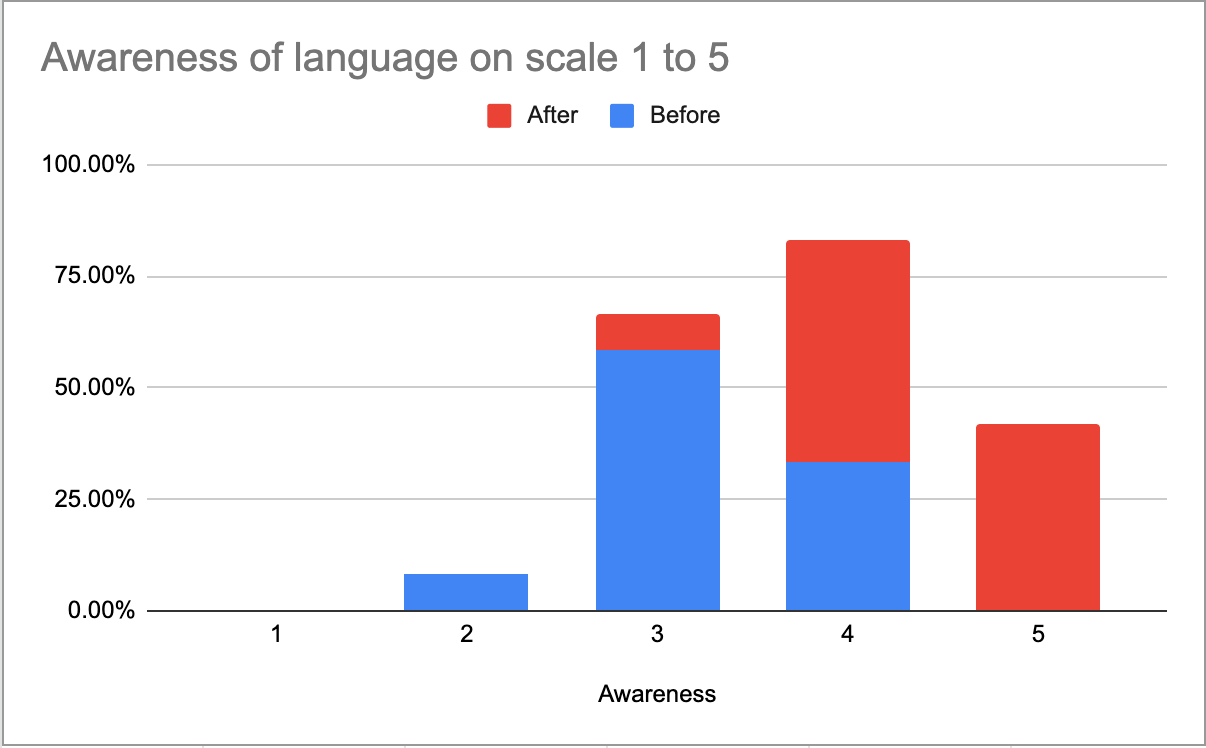
The chart shows a comparison of survey responses regarding awareness of languages before and after the initiative, as a % of survey responses.
Before the initiative no one on the team scored themselves as “very aware”, and the majority (58.3%) scored themselves midway on the scale, with a 3rd (33.3%) scoring themselves a 4 out of 5.
After the initiative 41.7% score themselves as “very aware” and the majority (50%) score themselves a 4 out of 5.
This is a great improvement in awareness, and it’s backed up by some of the feedback from the survey.
I feel like I've become more aware of the language I use especially when referring to groups of people.
GENDER-INCLUSIVE LANGUAGE
In the survey, we asked the team how their language has changed throughout the campaign, and what their feelings are about gender-inclusive language at work.
One of the key things that cropped up in this feedback was a strong reaction to the word “guys”, which is known to be a controversial term. In our industry it’s been prevalent for many years, and this was highlighted by a quote from The Atlantic:
Even if guys is widely regarded as gender-neutral, there will still be a sizable contingent of conscientious objectors. They argue, not incorrectly, that dropping guys takes very little effort, and any awkwardness that comes with the odd folks or friends or y’all seems far preferable to making a listener feel ignored
The Evoluted team had a strong reaction to the use of this word, as seen in feedback on the survey.
I am careful of using 'guys'
More conscious effort not to say guys
I've tried to stop using my favourite word "guys"
it's made me more aware of how I speak and I've worked hard to drop the word 'guys'
I don't think I used the terms 'guys' before but now I'm actively avoiding it.
I used to say ‘Hi guys’ a lot when talking to everyone. I now consciously try not to refer to everyone as ‘guys’
The stats we collected each week from Slack on the use of gendered words confirms that the use of “guys” has dropped. Prior to the campaign, almost all the words we were checking against were used during 22nd to 28th November.
At the end of the campaign, only 3 words we checked were used and guys was not one of them. In the last week of the campaign its use stopped entirely.
ALTERNATIVE WORDS AND PHRASES
The campaign also gave the team the opportunity to try out some alternative words or phrases to find something each person was most comfortable with that wasn't gendered, for example using ya'll, folks, peeps, and everyone, and we got some interesting reactions to certain words:
Y'all and folks are too American
The survey asked the team which gender-inclusive words they found most suited to use and were able to select multiple words from the list. No one selected “I didn’t find a gender inclusive word that suited me”, which is great to hear.
It turned out that there is one word that stood out as the most popular with the team, both from the Slack results and the survey questions and that was “everyone”. At the start of the campaign this was already the most used term on Slack out of those being checked, and over the course of the campaign it became increasingly popular.
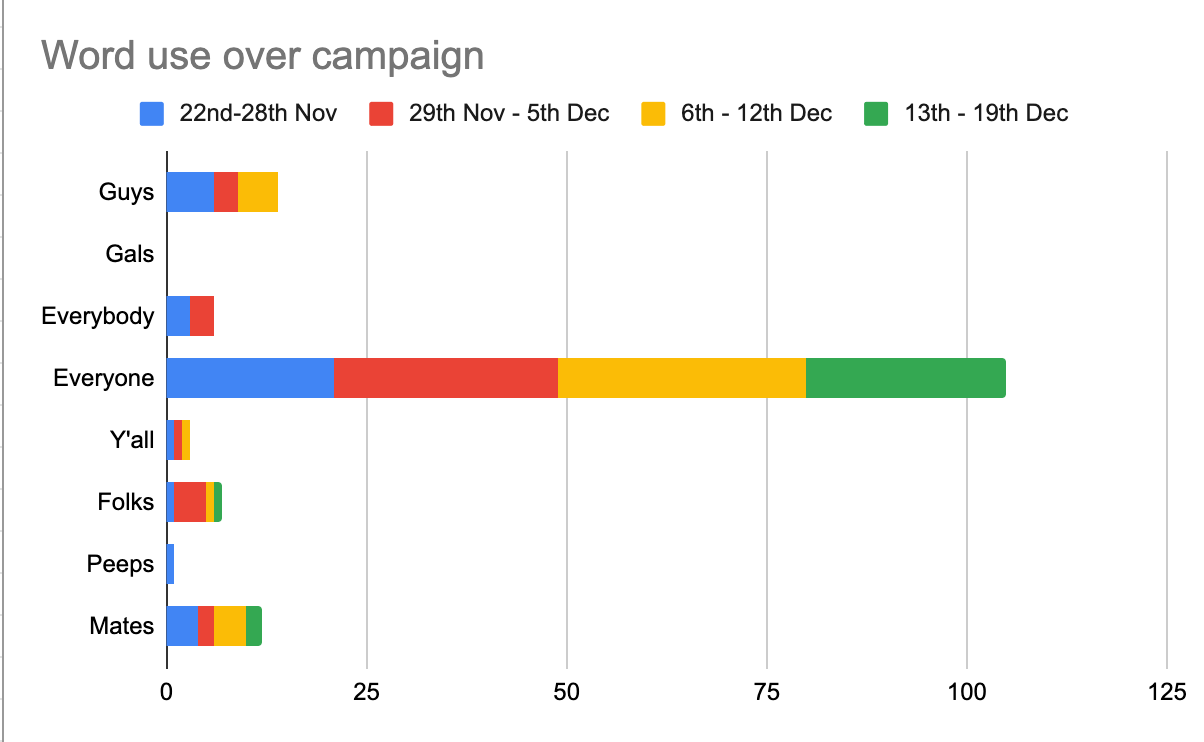
The chart showing word use over the course of the campaign weeks. “Everyone” was the most used word each week.
OUTCOMES
Whilst we didn’t want to predict the outcome of the initiative, we hoped that it would be a positive experience for everyone involved and would prompt a wider discussion amongst the team with regards to making everyone feel included - existing team and future colleagues, as well as our clients.
The survey asked how included the team felt before and following the initiative on a scale of 1 to 5, with 1 being not included at all and 5 being always included. Both before and after the campaign the team scored themselves as either a 4 or a 5. It’s great to know our team currently feel included, but it's useful to know there is still room for improvement, and things we can implement next year.
The survey also asked the team about their feelings towards gender-inclusive language at work and there were common themes about continuing awareness and forming good habits as the team doesn’t want anyone to be excluded - intentionally or not.
I do believe the intention is never normally bad when words used aren't always inclusive. However, it's important we are aware that it may cause some to feel not included or uncomfortable. It's good we are becoming more aware of this and making changes so inclusive language is the norm/a habit.
This is the first Diversity & Inclusion campaign that we’ve run and it’s a great starting point to progress from over the next year. It can be uncomfortable to confront the hidden meanings your language can have and start to make changes, but the team have embraced this opportunity for personal growth and reflection and the outcome is a positive, shared vision of inclusion for everyone - something we are so excited to build on in the coming months.


